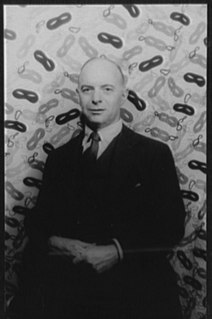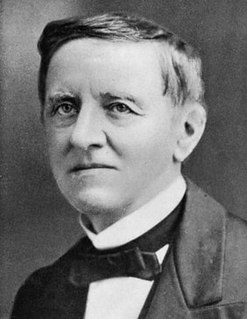A Quote by Arthur Alfred Lynch
Vanity is apt to inspire contempt, but that becomes immediately tempered by a gentler and more gracious feeling; for the vain man desires to win our approbation, and in this way he flatters us.
Related Quotes
Pride... is a very common failing, I believe. By all that I have ever read, I am convinced that it is very common indeed; that human nature is particularly prone to it, and that there are very few of us who do not cherish a feeling of self-complacency on the score of some quality or the other, real or imaginary. Vanity and pride are different things, though the words are often used synonymously. A person may be proud without being vain. Pride relates more to our opinion of ourselves, vanity to what we would have others think of us.
Vanity, or to call it by a gentler name, the desire of admiration and applause, is, perhaps, the most universal principle of humanactions.... Where that desire is wanting, we are apt to be indifferent, listless, indolent, and inert.... I will own to you, under the secrecy of confession, that my vanity has very often made me take great pains to make many a woman in love with me, if I could, for whose person I would not have given a pinch of snuff.
It is said that it is far more difficult to hold and maintain leadership (liberty) than it is to attain it. Success is a ruthless competitor for it flatters and nourishes our weaknesses and lulls us into complacency. We bask in the sunshine of accomplishment and lose the spirit of humility which helps us visualize all the factors which have contributed to our success. We are apt to forget that we are only one of a team, that in unity there is strength and that we are strong only as long as each unit in our organization functions with precision.
Vain men delight in telling what Honours have been done them, what great Company they have kept, and the like; by which they plainly confess, that these Honours were more than their Due, and such as their Friends would not believe if they had not been told: Whereas a Man truly proud, thinks the greatest Honours below his Merit, and consequently scorns to boast. I therefore deliver it as a Maxim that whoever desires the Character of a proud Man, ought to conceal his Vanity.

































